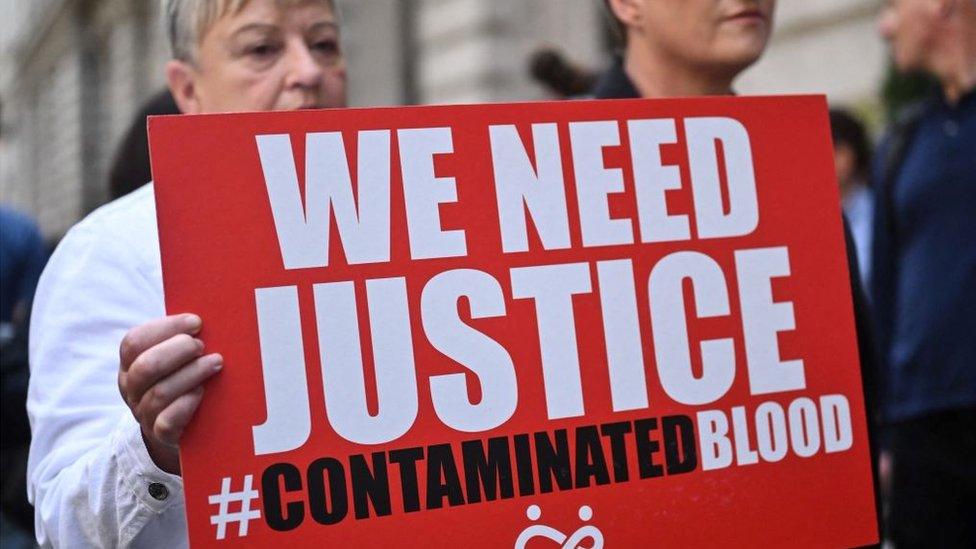Infected blood victim clear there was 'cover-up'

Stuart Hall contracted hepatitis C from a blood transfusion in the 1980s
- Published
A man who was infected with contaminated blood in the 1980s says he had long been certain the scandal was covered up.
Stuart Hall, from Stainburn in Cumbria, contracted hepatitis C from a blood transfusion needed to treat leukaemia.
He was one of 30,000 people - of whom about 3,000 have died - who contracted HIV or hepatitis from blood products used between 1970 and 1991.
Mr Hall said he was "not surprised in the scathing nature" of the report, external from the Infected Blood Inquiry, which was released on Monday.
It found authorities had covered up many details after knowingly exposing victims to unacceptable risks, listing a "catalogue of failures" which amounted to a "calamity".
Speaking after the report's publication, Mr Hall said: "It was pretty much what I was expecting to be honest.
"To me, it was clear that there was a cover-up."
'Knowingly infected'
The retired council officer added he would "absolutely" welcome a criminal investigation once the report had been "fully digested".
"It wasn't an accident. People were knowingly infected with HIV or hepatitis C, or in some cases both of those viruses.
"The use of blood products was known to risk HIV infections by the mid 1982. Hepatitis C was known by the end of the Second World War."
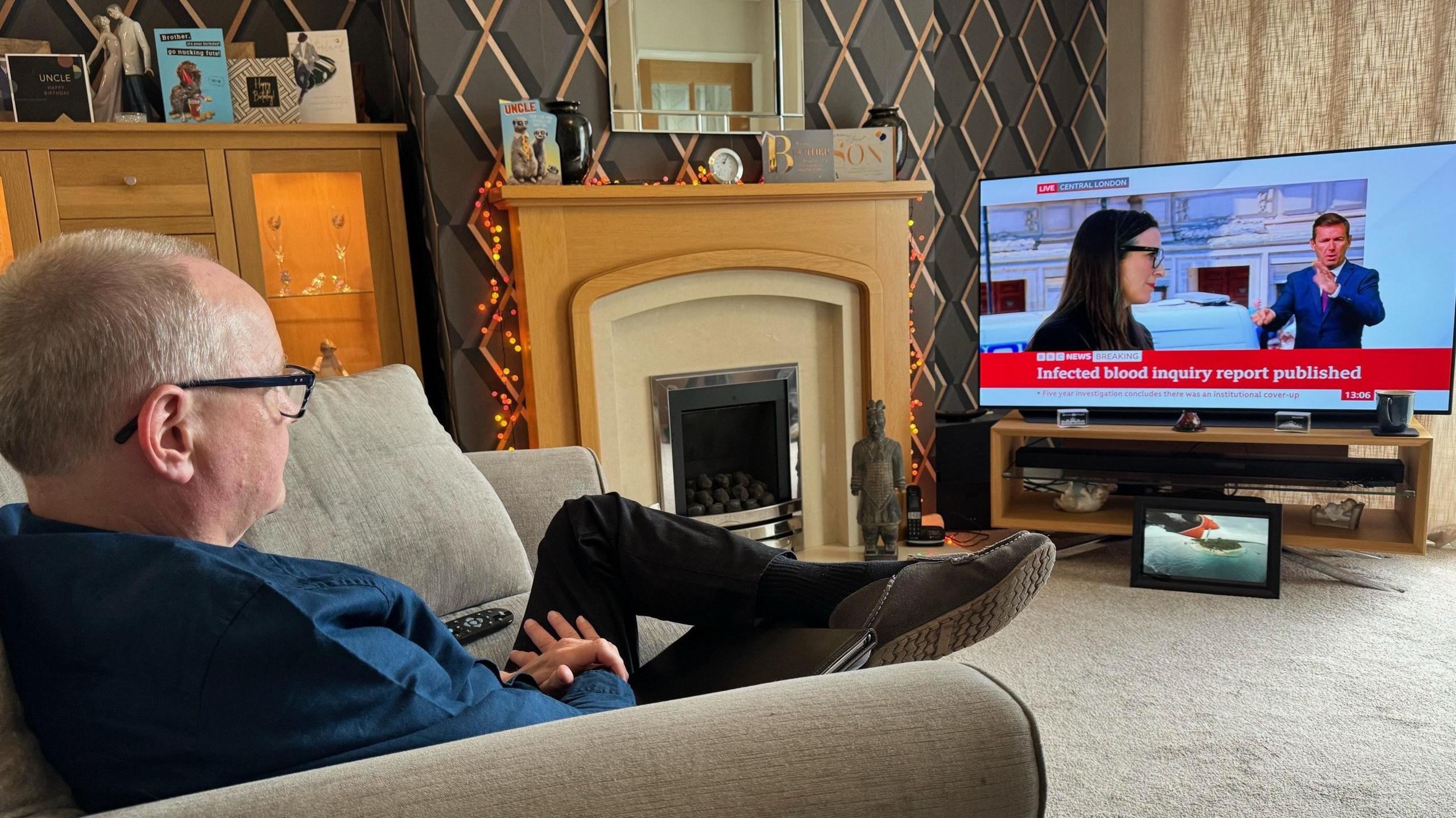
Mr Hall said the report confirmed what victims had known for years
Prime Minister Rishi Sunak apologised to victims and promised "comprehensive compensation" to those affected.
Mr Hall, who has previously called for faster compensation, said the apology was "a big step" and was "absolutely needed".
"But now we need to see them follow through with the compensation they've promised to make to people," he added.
Compensation details will be set out on Tuesday.
'Give me back my life'
Mr Hall was told he had hepatitis C in 1995 and has been left with serious health problems, including cirrhosis and liver cancer, and needed a liver transplant in 2021.
"I think most people would have said 'give me back my life that I had before that. I don't care about money'.
"But there's a lot of people who have suffered financial hardship.
"People who were infected with HIV were sometimes unable to work because of the stigma around that."
Follow BBC Cumbria on X (formerly Twitter), external, Facebook, external and Instagram, external. Send your story ideas to northeastandcumbria@bbc.co.uk.
Related topics
Related stories
- Published20 May 2024
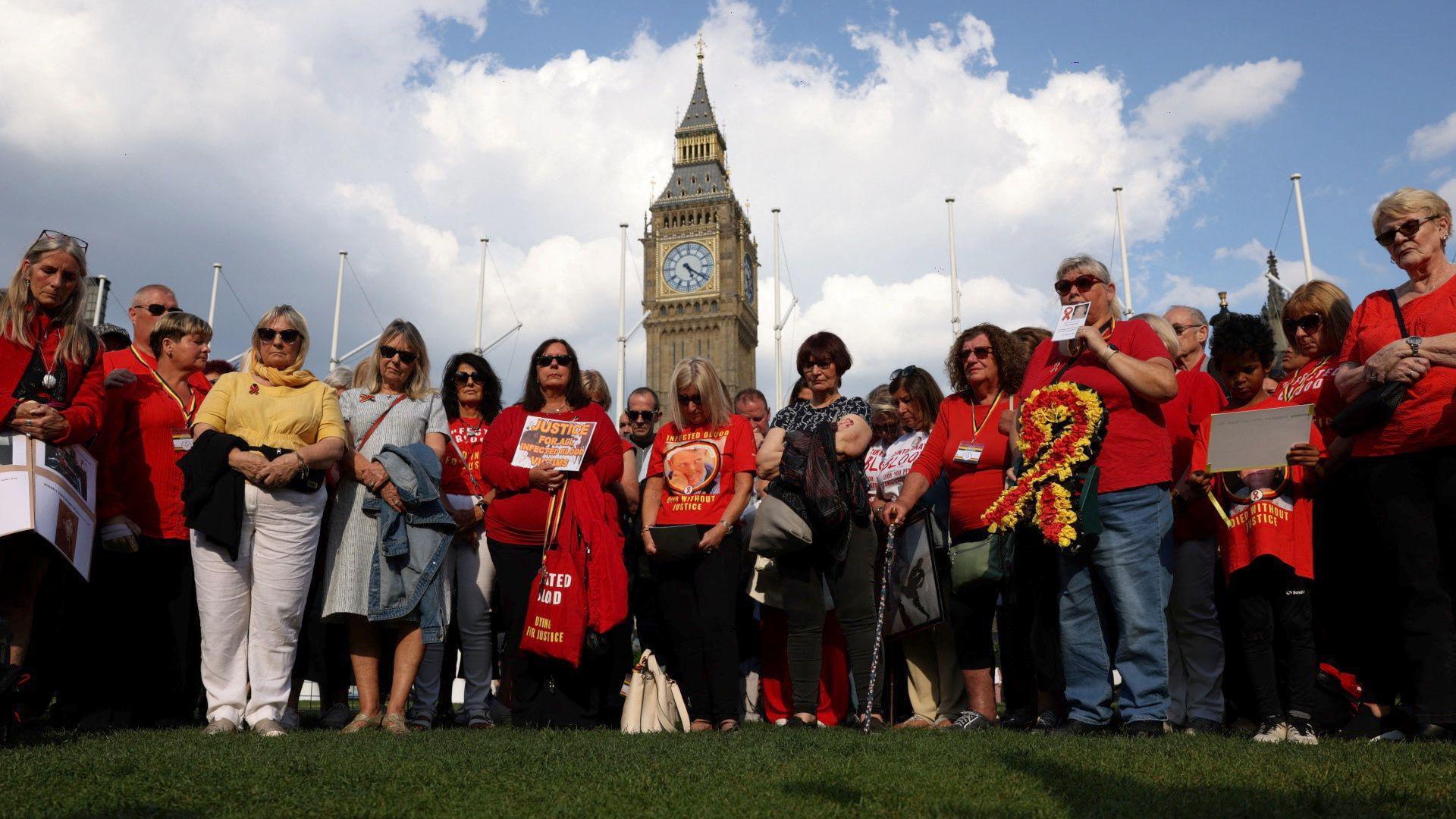
- Published20 May 2024
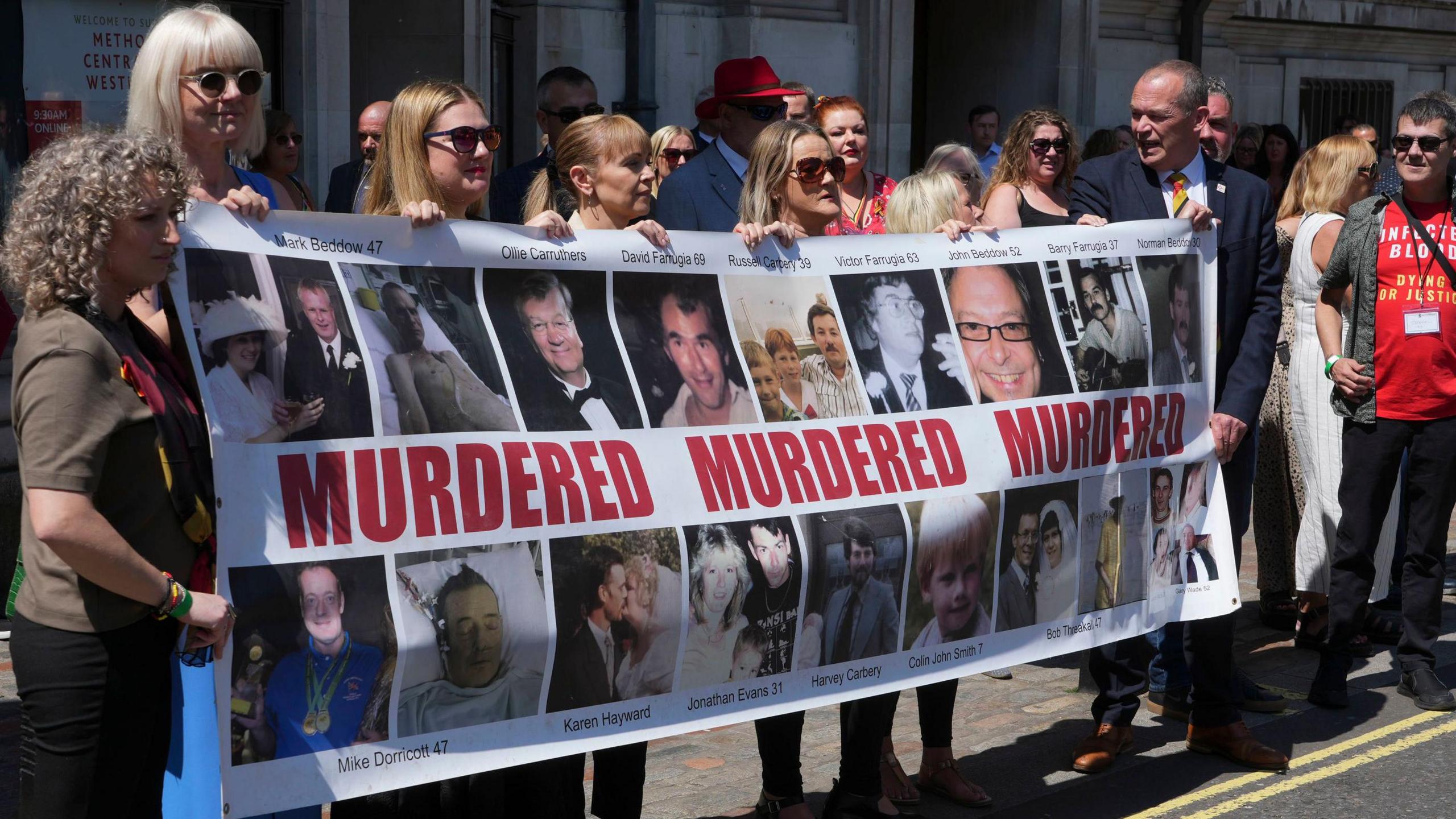
- Published20 May 2024

- Published22 April 2024
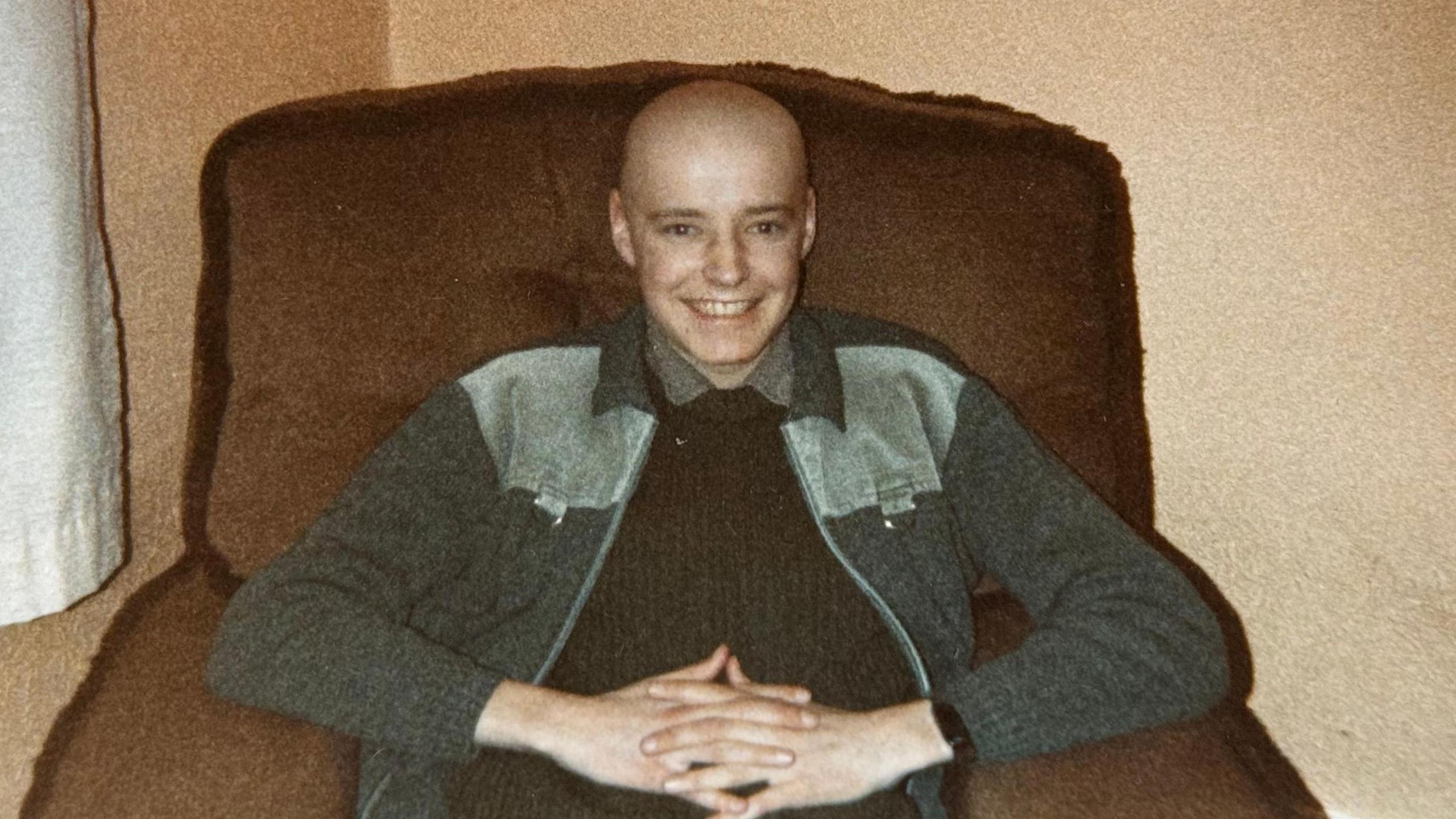
- Published20 May 2024
